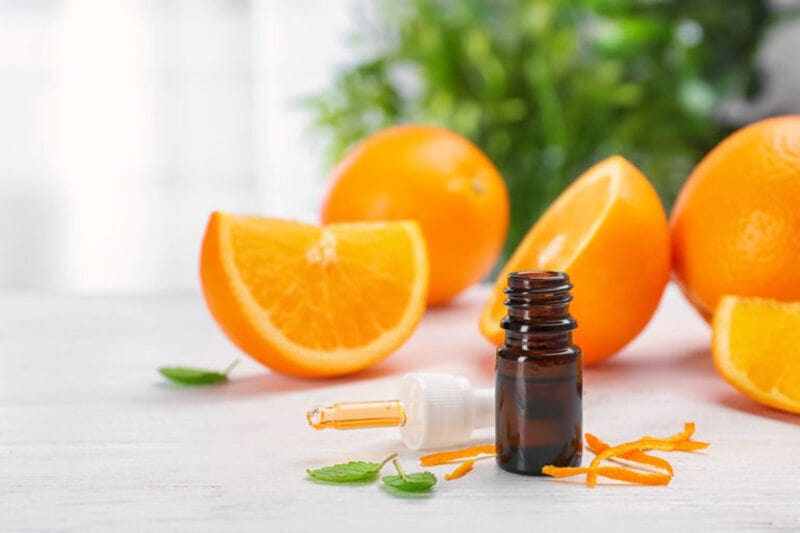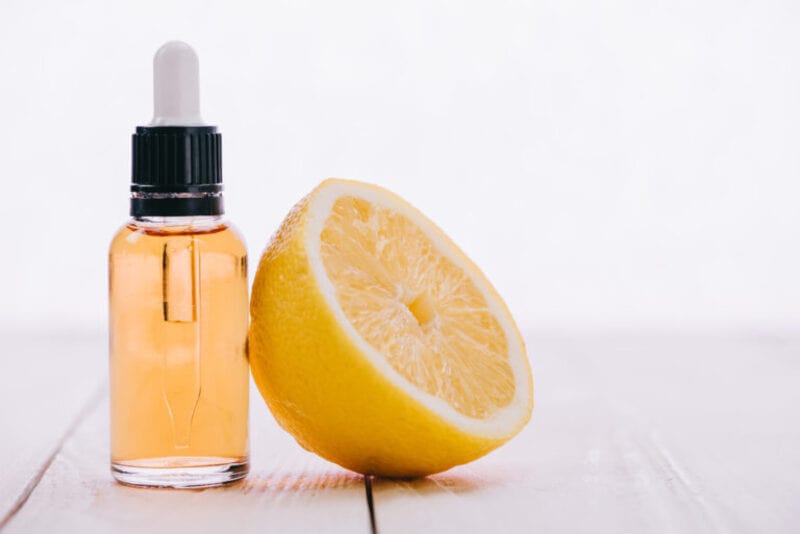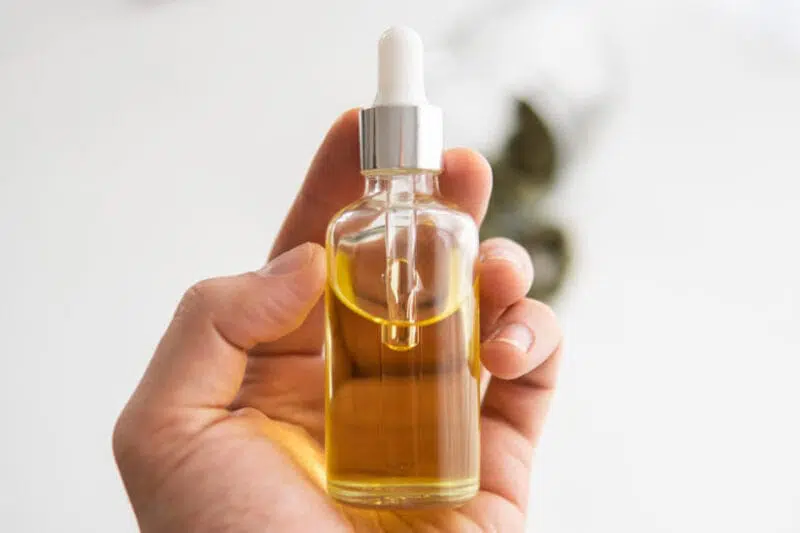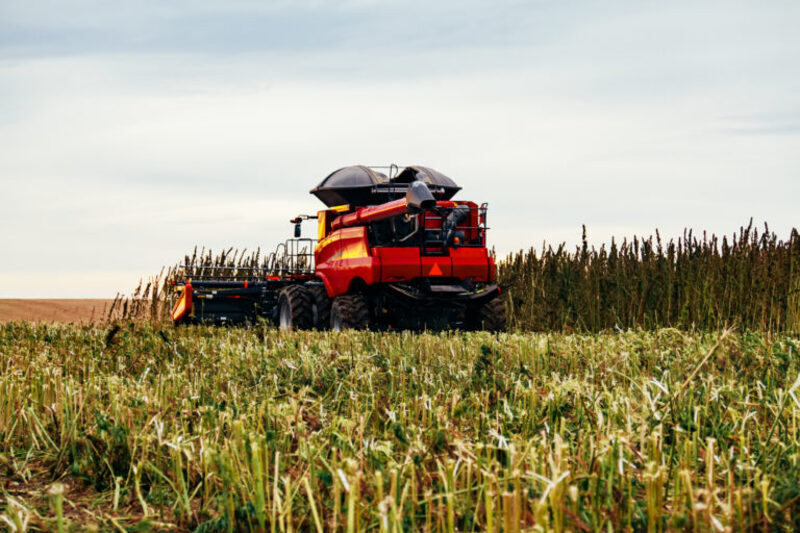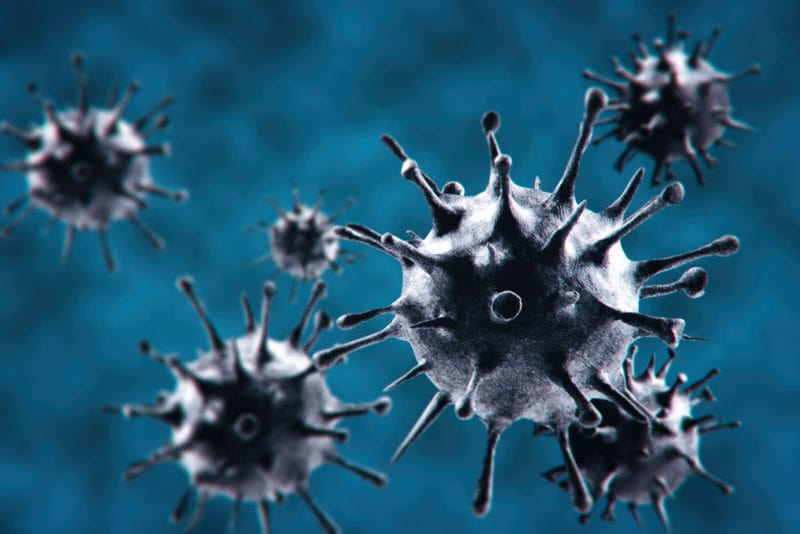-
- Market Research
- |
- CBD Near Me
- |
- Giveaways
- |
- Newsletter
- |
- Contact
- |
- Advertise
- |
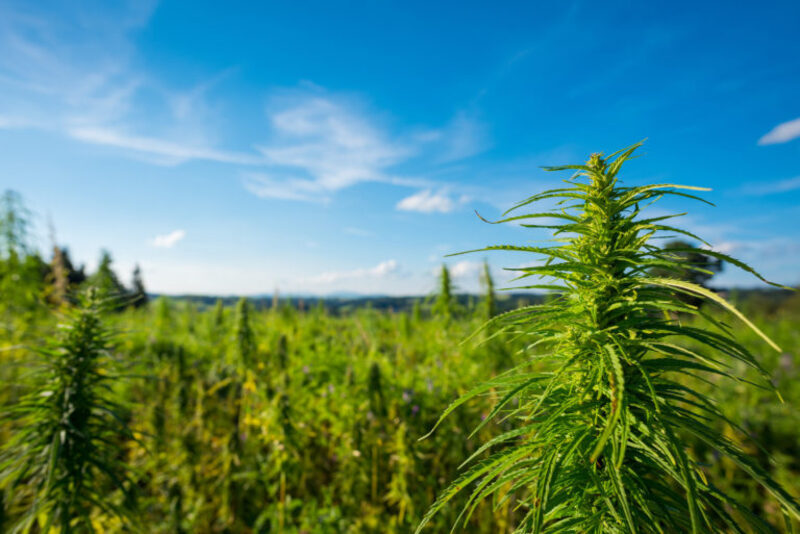
Here’s the latest CBD news:
- Bazelet Oglesby announces the creation of the world’s first 100% THC-free cannabis plant.
- Hemp has been added to the second round of the Coronavirus Food Assistance Program.
- Hawaii and Virginia have opted to eliminate in-state hemp regulation.
Bazelet Oglesby Introduces First-ever 100% THC-free Cannabis Plant
Clone plant breeder Bazelet Oglesby has announced a new plant variety, Cannabis America, the first 100 percent genetically THC-free variety. The company plans to begin sales of the new plant later this year.
“The Cannabis America plant variety, along with our Bazelet Landrace Genetics, bring unique purity with superior synergistic effects that scientific research indicates will increase the bioavailability of cannabinoids, a primary requirement of effective therapies,” said Bazelet Research Director David Grand.
The presence of the Schedule I substance, delta-9 THC, poses financial and legal risks for hemp farmers. Bazelet bills Cannabis America as the solution to these issues.
“Cannabis America plants have as much THC as wheat, corn or potatoes,” said Gary Hennen, a Director with Bazelet Oglesby and President of Oglesby Plants International. “The Cannabis America plant variety is 100% THC-Free and will help expand hemp production exponentially, particularly here in the US. Farmers who have been reluctant to grow Hemp for fear of possessing an illegal controlled substance can now be a part of the hemp economy without fear of breaking the law and losing their investment.”
Hemp Farmers Are Now Eligible To Apply For Coronavirus Relief
On the morning of Thursday, September 18, President Donald J. Trump and U.S. Secretary of Agriculture Sonny Perdue formally announced the next phase of the Coronavirus Food Assistance Program (CFAP 2), this time including hemp farmers.
CFAP 2 releases an additional $14 billion of relief for farmers facing market disruptions because of COVID-19. But according to the US Hemp Roundtable, “questions remain on how these relief dollars are being calculated.”
The funds are being made available to the U.S. Department of Agriculture from the Commodity Credit Corporation (CCC) Charter Act and CARES Act.
“We listened to feedback received from farmers, ranchers and agricultural organizations about the impact of the pandemic on our nations’ farms and ranches, and we developed a program to better meet the needs of those impacted,” said Secretary Perdue.
The first round of CFAP funds was issued earlier this spring, but hemp was excluded from the list. A strong push from hemp supporters nationwide, including the US Hemp Roundtable, helped ensure hemp farmers were included this time around.
“We assert that hemp, deemed an agricultural commodity under the Agriculture Improvement Act of 2018, should be eligible for CFAP funding,” wrote Jonathan Miller, general counsel for the US Hemp Roundtable, in a letter to Secretary Perdue. “The COVID-19 pandemic and response has wreaked havoc on hemp farming, resulting in significant disruption to the industry. Specifically, hemp has suffered a more than 5% price loss between January and April 2020 and faces additional marketing costs due to COVID-19.”
The signup period begins September 21st and will run through December 11, 2020.
Hawaii, Virginia Eliminate In-state Hemp Regulation
This week, Hawaii and Virginia have decided to cease in-state regulation of their hemp production plans. Farmers in those states now must apply directly to the US Department of Agriculture for a hemp production license. They join New York, New Hampshire, and Mississippi as states without hemp production programs.
The USDA also approved hemp production plans for Utah and the Torres Martinez Desert Cahuilla tribe in California. Utah, which allows the sale of hemp-derived products in marijuana dispensaries, adopted its plan under the authority of the Utah Hemp and Cannabinoid Act, which was enacted in May 2019.
The approvals came just six weeks before the 2014 pilot program will expire on Oct. 31. The total of approved plans now stands at 23 state plans and 35 tribal plans. The USDA requested revisions from several states, such as Colorado, Illinois, and Oklahoma. Meanwhile, another 12 state plans are currently under review.
US lawmakers have continually requested an extension to the 2014 pilot program, but no extension has been granted to date.
“After this date, if a state does not have a USDA-approved plan, growers in that state may apply for a USDA hemp production license unless prohibited by applicable state law,” said a USDA spokesperson.



